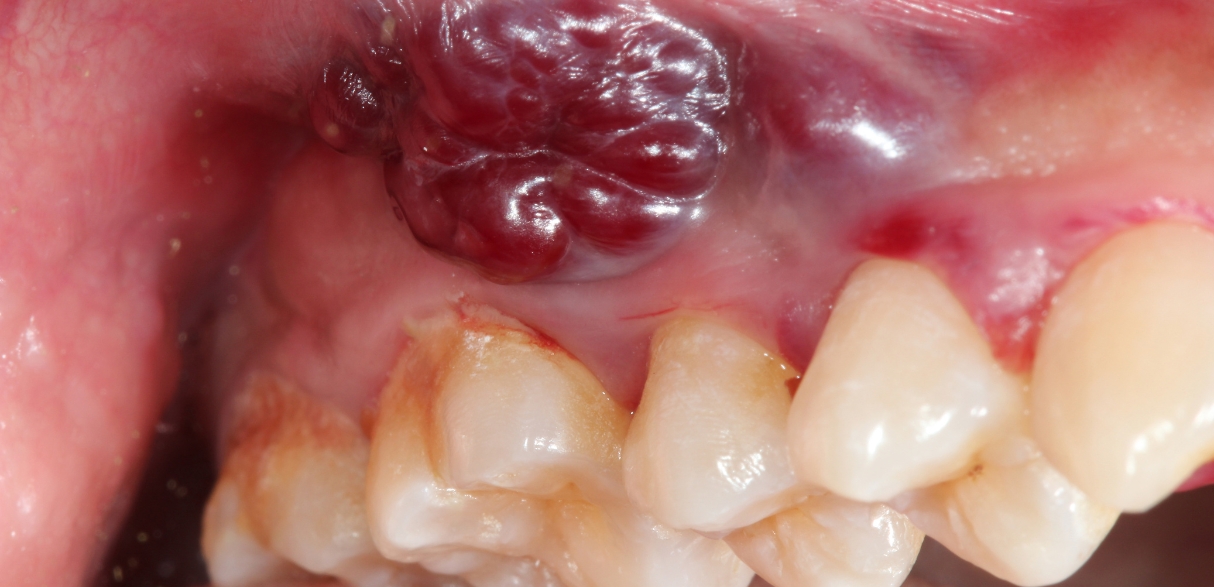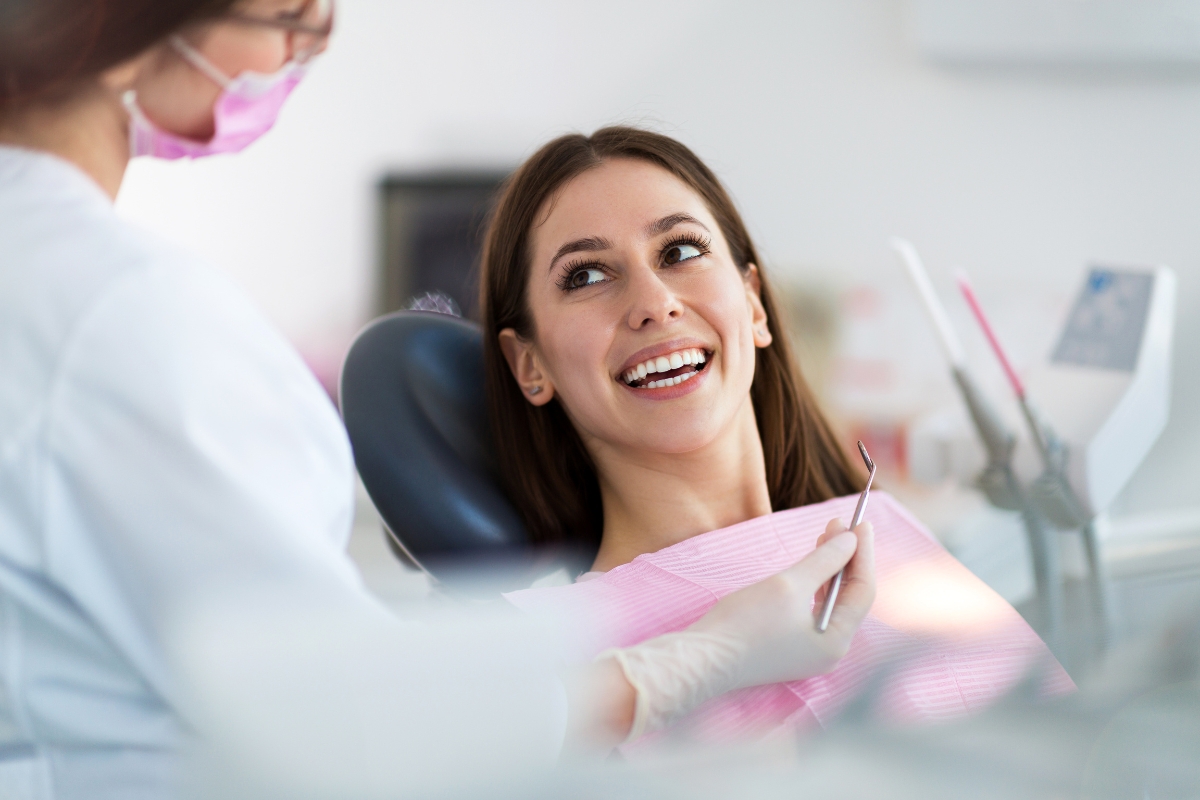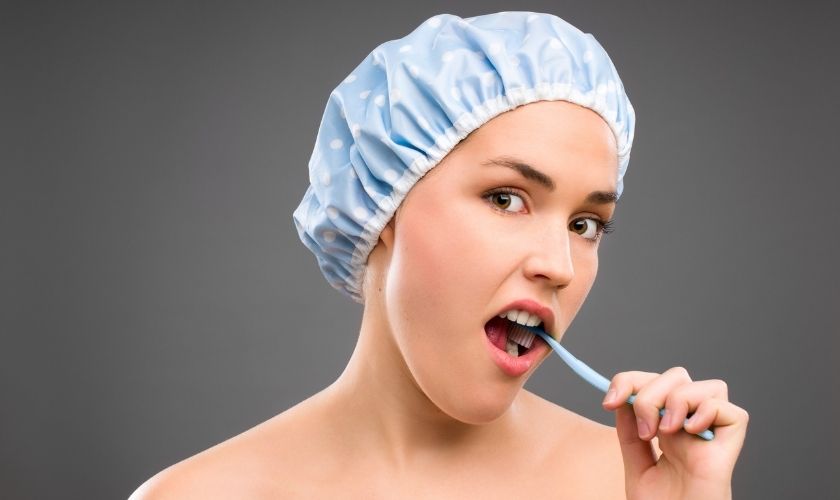
Even the most diligent brushing and flossing cannot always save you from the grip of Oral cancer. It doesn’t always announce itself with pain. There’s no obvious signal flare. It’s one of the sneakiest health threats out there, often mistaken for a harmless sore or discoloration. That’s why modern dental care is shifting from treating problems to detecting them early.
Read this blog to learn how oral cancer screening is leading the way when it comes to preventive care for the mouth.
The Undetectable Growth of Oral Cancer
Oral cancer is rising among people who don’t smoke, drink excessively, or fall into any so-called “high-risk” category. It’s not just a concern for older adults anymore. One cause behind this is the HPV (human papillomavirus). It’s linked to a large percentage of oral and oropharyngeal cancers, especially in younger adults.
You might not even know that you carry it. That makes routine oral cancer screening even more important for everyone.
What Actually Happens During an Oral Cancer Screening?
No, it’s not some invasive, uncomfortable ordeal. You’ve probably had one without realizing it. An oral cancer screening in Fort Worth is a quick and painless part of your regular dental exam. Here’s what it usually includes:
- Visual inspection: The dentist checks the tongue, cheeks, lips, and roof of your mouth for irregular patches or spots.
- Palpation: They gently feel around your neck, jaw, and oral tissues for unusual lumps or swelling.
- Technology-enhanced screening: Some offices use special lights, dyes, or digital scopes to spot early tissue changes invisible to the naked eye.
Oral Cancer Screening with Modern Tools
Did you know that the screening process is more accurate than ever before? Many dentists have embraced next-generation tools to detect even the most subtle signs of trouble.
Some of these tools include:
- Velscope: Uses blue light to highlight abnormal tissues before they’re visible to the eye.
- Oral CDx: A brush biopsy that collects cells painlessly for lab analysis.
- Fluorescence imaging: Highlights tissue changes under special light to spot areas of concern early.
Why Screening Should Be as Routine as Cleaning?
Here’s something not enough people realize. You don’t need symptoms to get screened.
The best time to catch oral cancer is before it starts causing problems. Yet far too many people wait until there’s pain or swelling, often when the cancer has already advanced. By making oral cancer screening a standard part of your dental visit, your provider isn’t just checking a box. They’re giving you a head start on a healthier, longer life.
Who Should Be Getting Screened?
While tobacco and alcohol use still top the list of known risks, even individuals with none of the traditional risk factors have been diagnosed with oral cancer, often stemming from viruses like HPV or genetic factors.
Still, if any of the following apply to you, oral cancer screening becomes even more critical:
- Use of tobacco (past or present)
- Regular alcohol consumption
- Family history of cancer
- HPV exposure
- Chronic sun exposure (lip cancer risk)
- Age 40+
Moving Beyond the Chair: What You Can Do
The dentist plays a critical role, but your own awareness matters just as much. Keep an eye out for symptoms like:
- Persistent sores that don’t heal
- White or red patches inside the mouth
- A lump or thickening in the cheek
- Hoarseness or sore throat that won’t go away
- Trouble moving the jaw or tongue
- Numbness in the face or neck
Habits That Can Help You Make a Difference
Here are some habits that can help you prevent oral cancer to some extent:
- Visit your dentist twice a year
- Ask for oral cancer screening, even if it’s not offered
- Practice safe habits to reduce HPV exposure
- Quit smoking and limit alcohol
- Protect your lips with SPF
Oral cancer doesn’t need to be a silent killer. Today’s dental providers are redefining what “preventive care” means by spotting red flags before they become too potent to treat. The best part? It starts with something as simple as showing up for your dental appointment.
Paying attention to undergoing this procedure is not just about protecting your mouth; it’s about protecting your entire body from the risks of damage.
Are you ready to detect oral cancer and stop it in its tracks? Schedule a consultation today!




